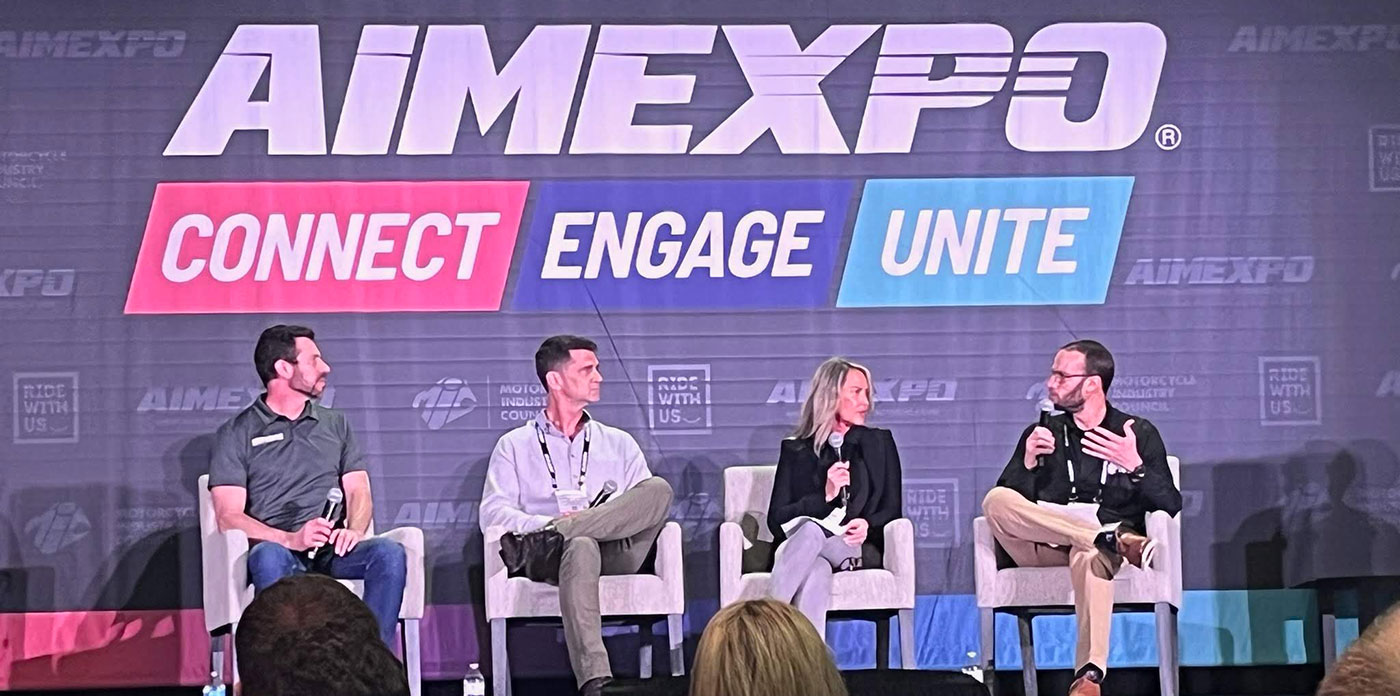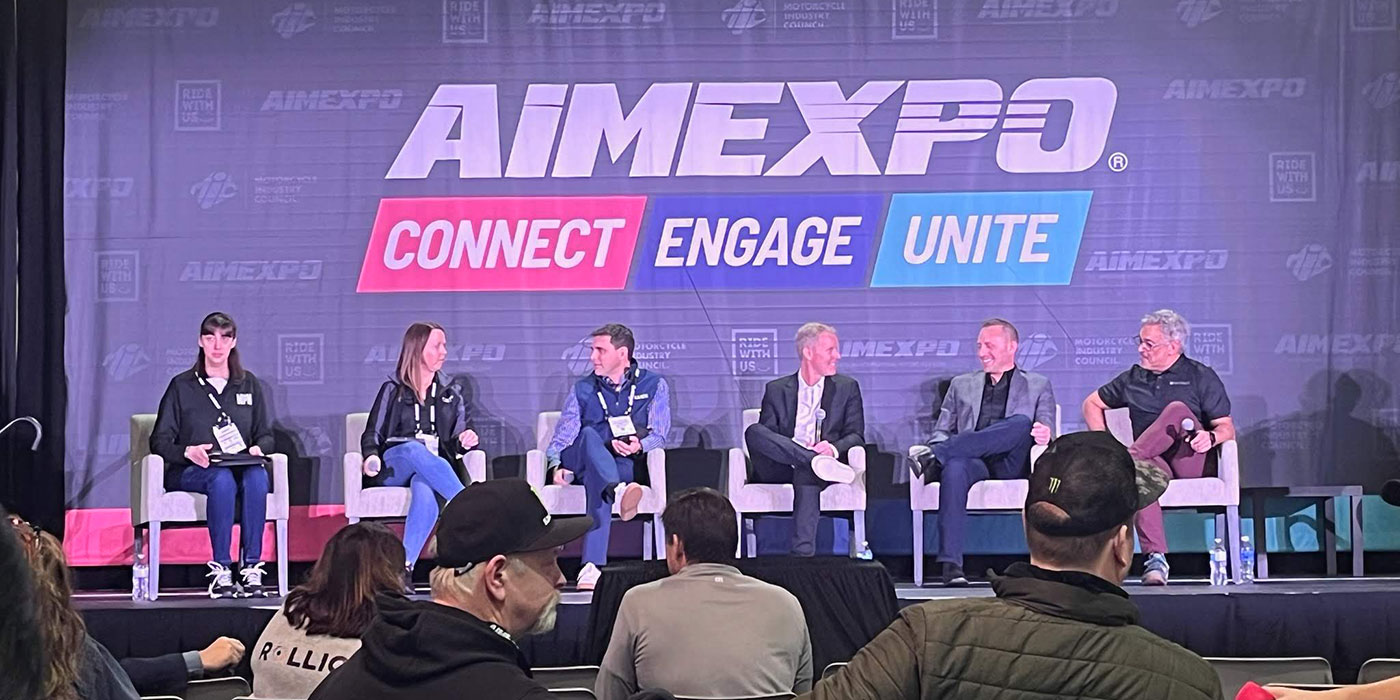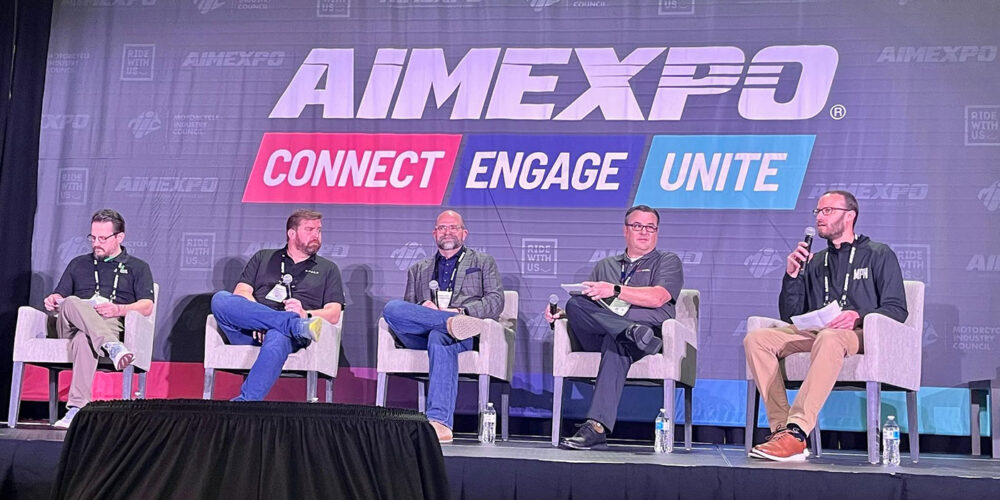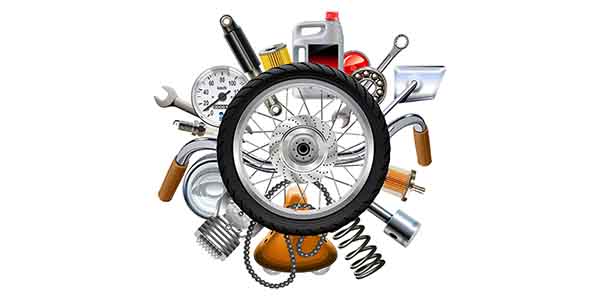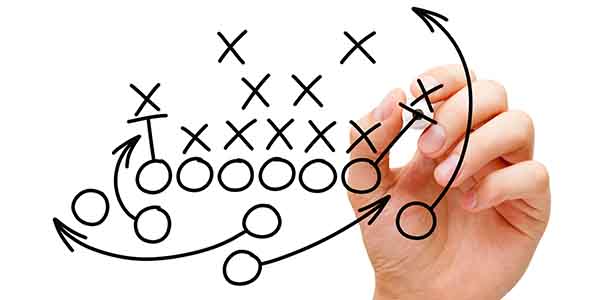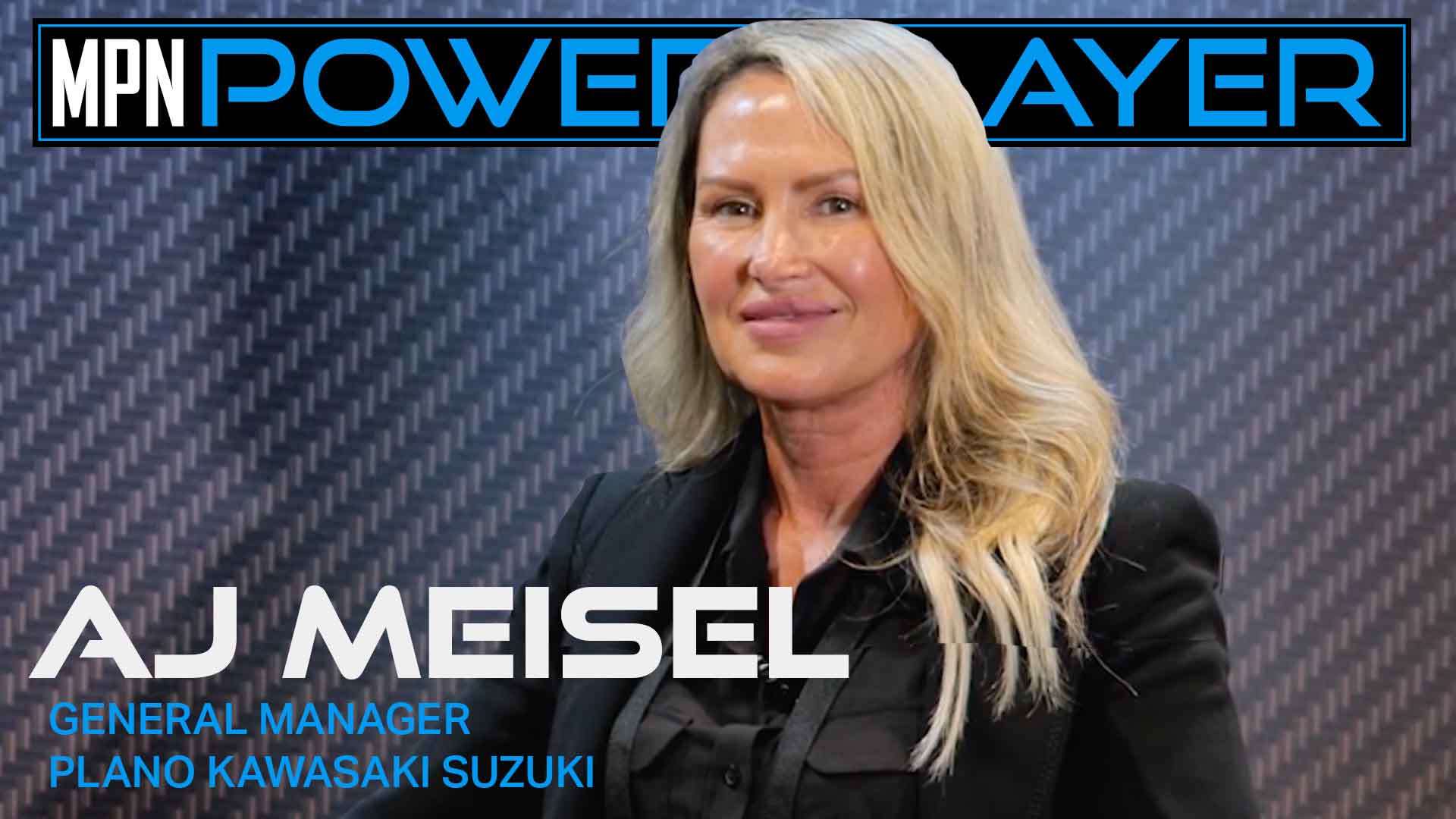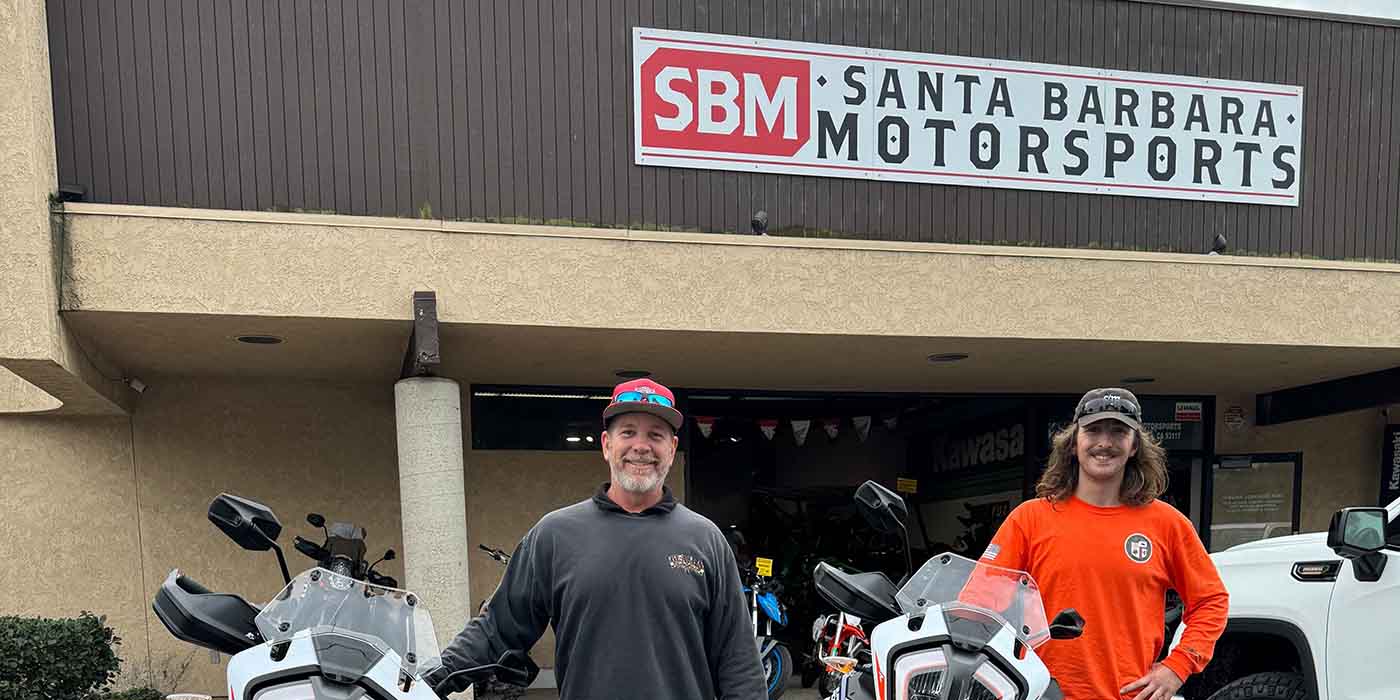I’m a pain in the ass. When I go to McDonald’s, for example, I’ll often order what I call the "Billy Mac." This is a little invention that I’ve enjoyed for nearly 20 years: a Double Quarter Pounder dressed as a Big Mac. You know, it’s got two quarter-pound patties like a DQP, but I order it with Mac Sauce, lettuce, diced onion and cheese. And, while the folks at my local Micky-D’s are well-trained now — I can actually ask for it by name there — I’m sure they think I’m a pain in the ass. After all, rather than provide a pre-made, heat-lamp sandwich, they have to actually make mine fresh.
A few months ago, my wife and I went shopping for furniture. After selecting the bedroom set that we wanted, I noticed there was some damage to the bed. Of course, as I was paying the asking price for these items, I felt justified in saying I wanted new pieces from a crate, not the damaged floor items. The saleswoman huffed off, and I, of course, shrugged and looked at my wife. I’m sure the sales lady also thought that I was a pain in the ass.
Awhile back, I was reminded of a former uncaring employee’s definition of "pain in the ass." As a young customer arrived at the parts counter, complaining about some stitches that had ripped out of the boots he’d bought two days earlier, I watched to see how my guys would handle the situation. I didn’t let it get far — no further than one of my guys asking what the customer had done to cause the problem — before I stepped in and rectified the situation.
"Care to explain that to me?" I asked once the customer was gone.
"Well, you have to understand that this kid is always a pain in the ass," came the reply. "You have to take him with a grain of salt."
"Oh, I see," I said. "So, this kid is one of those guys who complains when something he’s bought isn’t exactly what it was supposed to be, huh?"
"Right."
"So he paid for new boots and when they ripped out in two days, what? He should have realized that he didn’t buy an expensive enough pair? Or maybe he was at home with a file, sawing away at the threads to get them to come apart, just so he could come complain to you? Is that it?"
The employee just stared at me like I was speaking Swahili. Noting that there was no sign of life in the kid, I decided to press on until he, at the very least, blinked his eyes. "So, what you’re telling me is that any customer who purchases something from my store isn’t entitled to quality? Is that it?"
"Hey, I don’t make the boots. I just sell them."
And I continued: "You know, you’re right. But, when you have a customer that came in to spend his hard-earned money on something, you have an obligation as the seller of that product. You have an obligation to take care of that customer. When the product fails — the product that you "don’t make" — you have an obligation to recognize that customer’s problem, to identify the possible cause and to notify the manufacturer so that more customers don’t end up with a problem themselves. You have an obligation to serve that customer’s best interests, which means you are required to resolve the matter immediately to the customer’s satisfaction. That customer trusted you enough that he gave you his money, but then you broke that trust by trying to blame the product’s malfunction on him.
"How would you like it if you brought your bike in for something to be repaired, spent a few hundred bucks in service, only to get the bike back and find that the same problem still exists? You wouldn’t be happy, would you?
"What if you had a leaky roof on your house and called a carpenter to fix it. What if you paid the guy a thousand bucks and during the next rain storm, your house filled with water? You’d feel cheated, right? RIGHT?"
"Yes …"
"Yes, you would. And if you complained about it, you wouldn’t appreciate it if the guy turned to his boss and said, ‘Don’t worry about him, he’s a pain in the ass, always expects to get what he paid for.’ You wouldn’t appreciate that, would you? You’d feel cheated, and, chances are, you’d never go back!"
At that moment, one of the other parts guys came through the door and interrupted. "Sir? I’m sorry to bother you, but the customer with the boots is back outside with his father. The father says that the kid regretted spending the money on the boots, so he tore them up, thinking that we’d have to give him his money back. The father wants to talk to you and is making the kid give the refund back, and he’ll be keeping the boots."
I looked back and forth between the two employees for a moment in silence, not exactly sure what to say. Finally, I looked my understudy in the eyes and said, "This changes nothing. You need to remember that, even when I’m wrong, I’m still right."
"Yes, sir."
I then walked off to get my money. Why this crap happens to me, I’ll never know.


